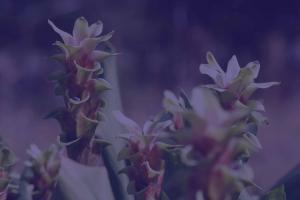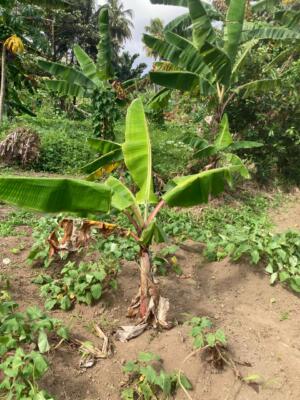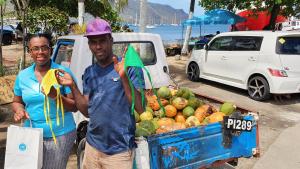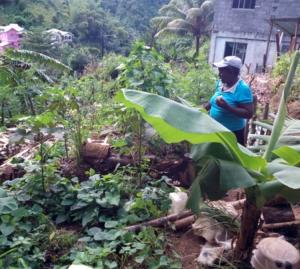
Local food
Area of interest
Modernization has meant that few young persons wish to go into farming. This trend, if not addressed, will lead to a loss of agricultural varieties and a decline in the lucrative farming industry. More importantly also, it was lead to a decline in food security and a rise in rural poverty. Also, a balance between agriculture and tourism, is critical to sustaining the delicate balance of St. Vincent’s ecosystem, which would be destroyed by an over reliance on tourism and the development that comes with it.
At present, St. Vincent remains the largest supplier in the region of ground provisions (potatoes, eddoes, yams etc) to Barbados and Trinidad. St. Vincent is one of the few producers in the world of arrowroot, the world’s purest starch.
Meanwhile, the islands’ food supply is largely dependent on imports from the USA. Local agriculture, predominantly small-scale, has difficulties in competing with intensive production from outside. But a growing demand for quality food and organic products produced locally provides new opportunities for the revival of farming. Organic production is on the rise and there is potential for many more farmers to focus on growing organic produce.
The precipitous decline in the banana industry over the past decades has meant that much the previously forested land deployed in the industry now lies fallow. The reforestation of these fallow lands, ideally where possible with fruit bearing trees, would be environmentally beneficial and would serve to enhance the food security capacity of the surrounding communities.
In particular the SVGEF would support the organic production of superfoods such as turmeric, soursop and arrowroot.




